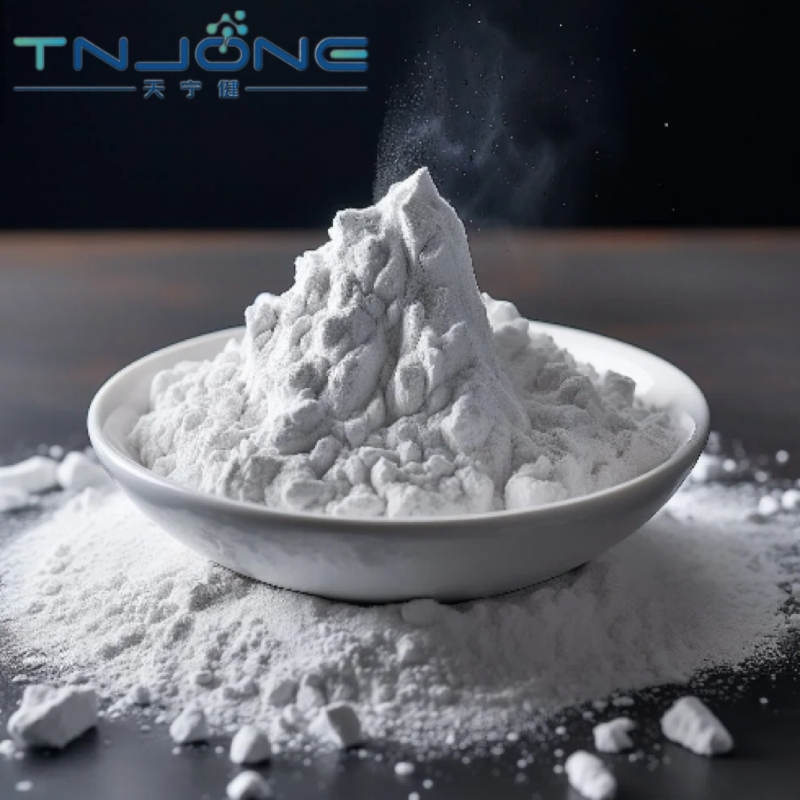-
Categories
-
Pharmaceutical Intermediates
-
Active Pharmaceutical Ingredients
-
Food Additives
- Industrial Coatings
- Agrochemicals
- Dyes and Pigments
- Surfactant
- Flavors and Fragrances
- Chemical Reagents
- Catalyst and Auxiliary
- Natural Products
- Inorganic Chemistry
-
Organic Chemistry
-
Biochemical Engineering
- Analytical Chemistry
-
Cosmetic Ingredient
- Water Treatment Chemical
-
Pharmaceutical Intermediates
Promotion
ECHEMI Mall
Wholesale
Weekly Price
Exhibition
News
-
Trade Service
Denosumab (trade name Prolia) is a medication used to treat osteoporosis and conditions such as rheumatoid arthritis.
It is a monoclonal antibody that works by targeting the nuclear factor kappa B (NF-κB) pathway and inhibiting osteoclast activity, leading to increased bone density.
Safety concerns surrounding denosumab mainly revolve around its potential for inducing immune-related adverse events, as it is a biologic drug.
In addition, there have been reports of cases of osteonecrosis of the jaw (ONJ) in patients using denosumab.
Immune-related Adverse Events
Denosumab is a biologic drug that has the potential to induce immune-related adverse events.
The most commonly reported events include rash, urticaria, and injection-site reactions.
In rare cases, more severe events such as anaphylaxis and Stevens-Johnson syndrome have been reported.
It is important to note that these events are generally mild to moderate in severity and can be managed with standard medical interventions.
However, patients should be monitored for signs of adverse events and any concerns should be brought to the attention of a healthcare professional.
Osteonecrosis of the Jaw (ONJ)
Osteonecrosis of the jaw (ONJ) is a condition in which bone death occurs in the jaw.
It is a rare but serious adverse event that has been reported in patients using denosumab.
The mechanism by which denosumab causes ONJ is not fully understood, but it is thought to be related to its inhibition of osteoclast activity.
Patients who are at a higher risk for ONJ include those with a history of radiation therapy or cancer, as well as those who have been using denosumab for an extended period of time.
It is important for patients to inform their healthcare provider of any dental procedures that they have planned, as these may need to be postponed in order to minimize the risk of ONJ.
Conclusion
Denosumab is a medication that has been shown to increase bone density and is used to treat conditions such as osteoporosis and rheumatoid arthritis.
While there are some safety concerns surrounding its use, these are generally mild to moderate and can be managed with standard medical interventions.
It is important for patients to be aware of the potential for immune-related adverse events and to inform their healthcare provider of any concerns.
Additionally, patients should be monitored for signs of osteonecrosis of the jaw, which is a rare but serious adverse event that has been reported in patients using denosumab.







